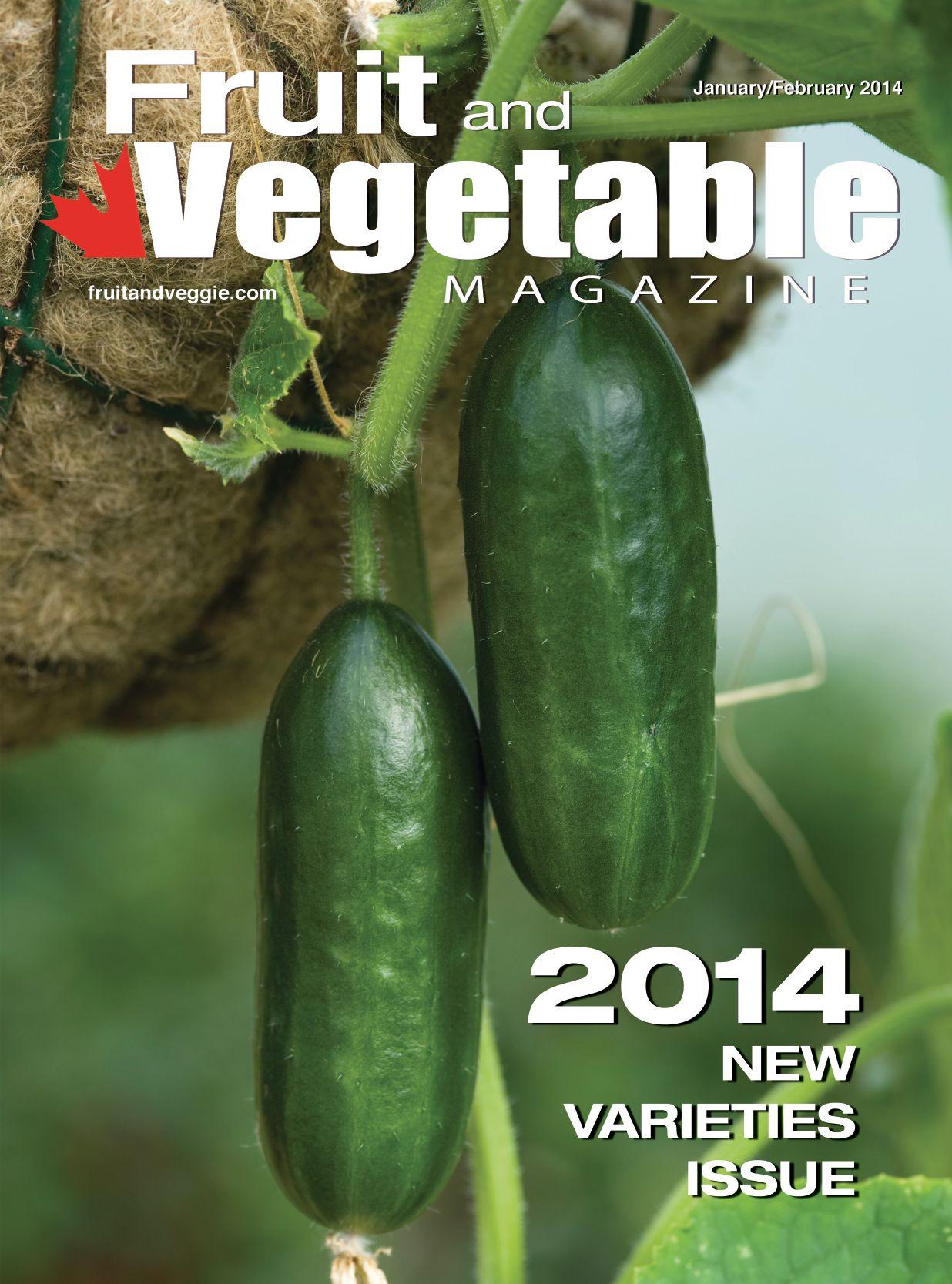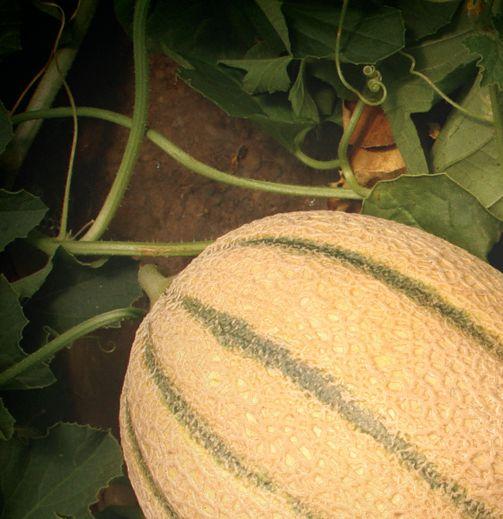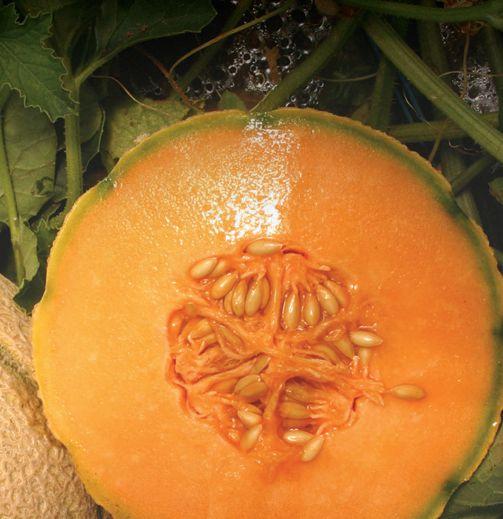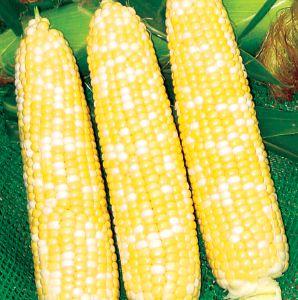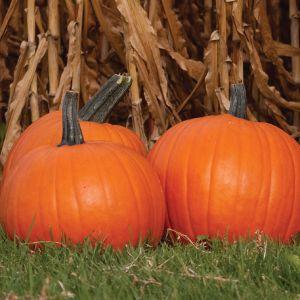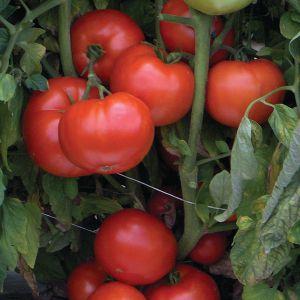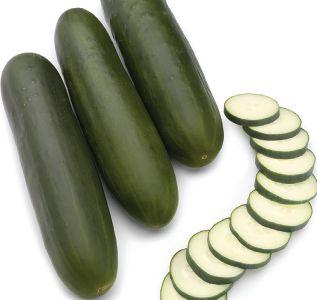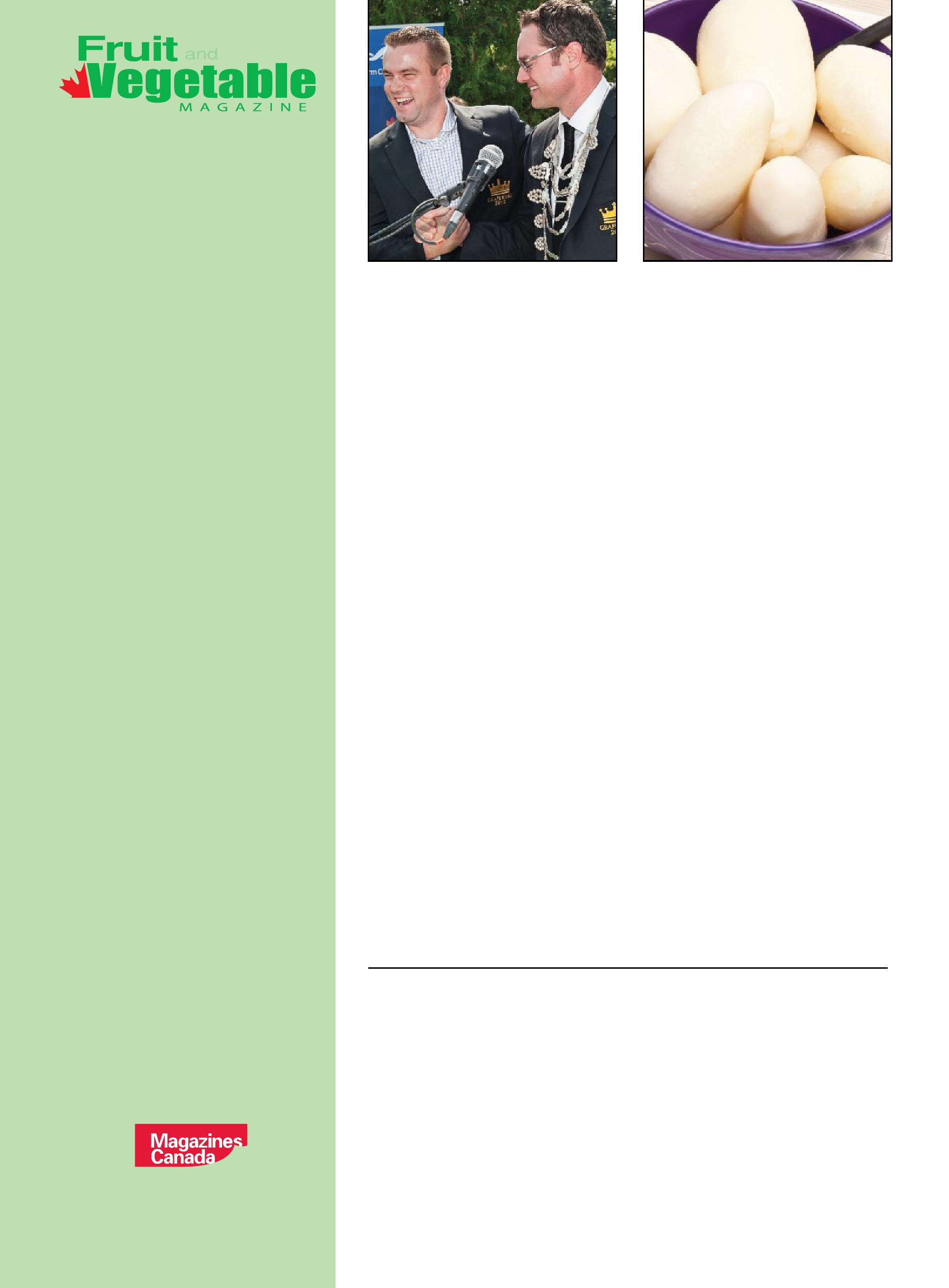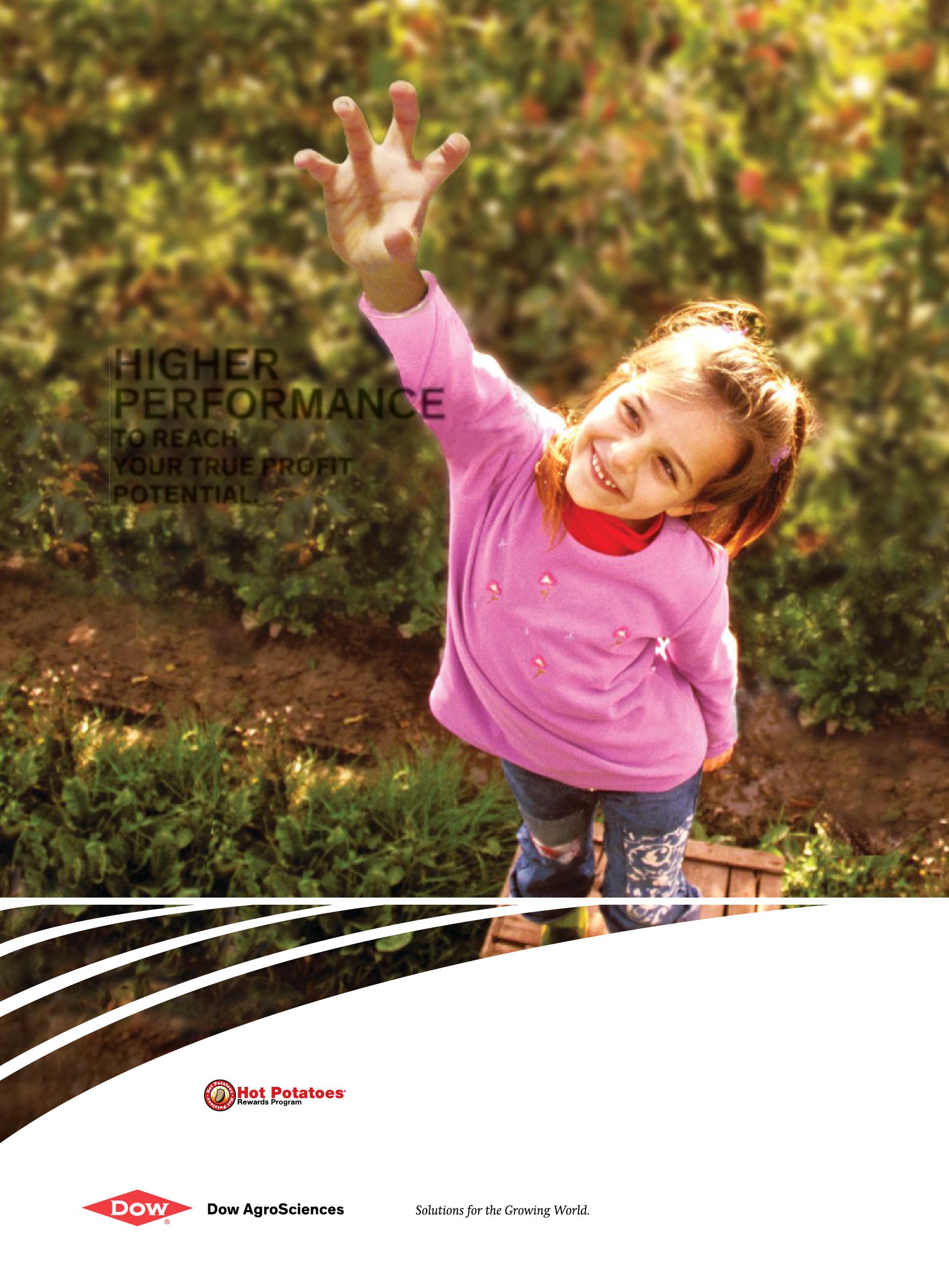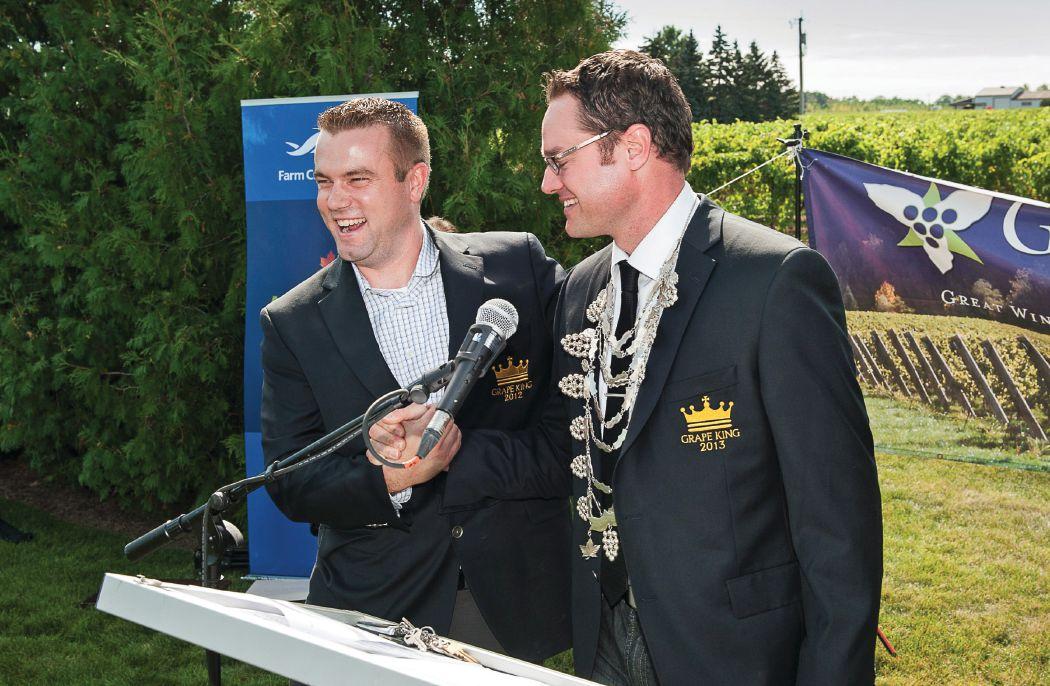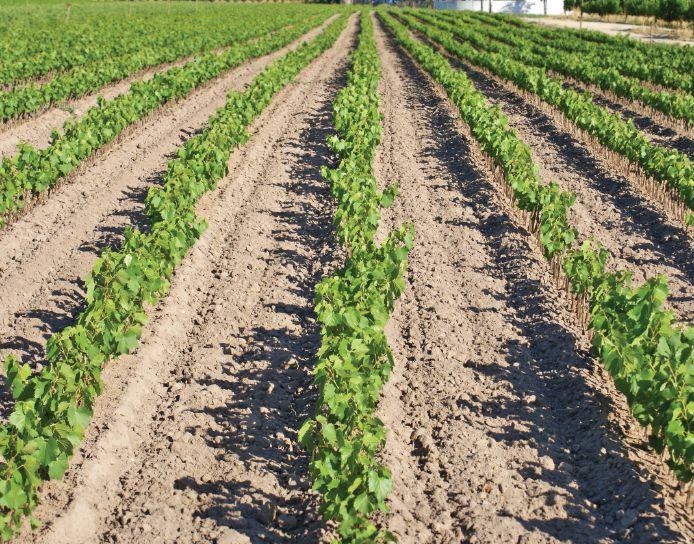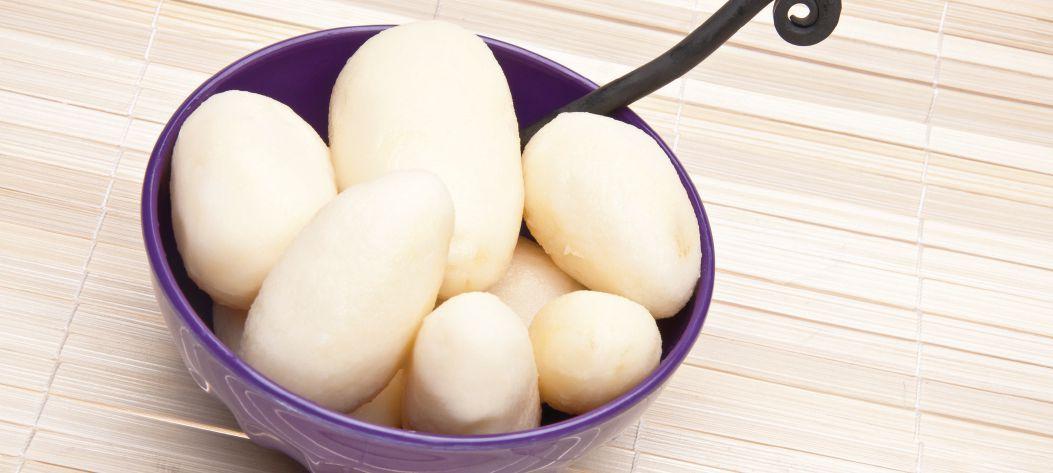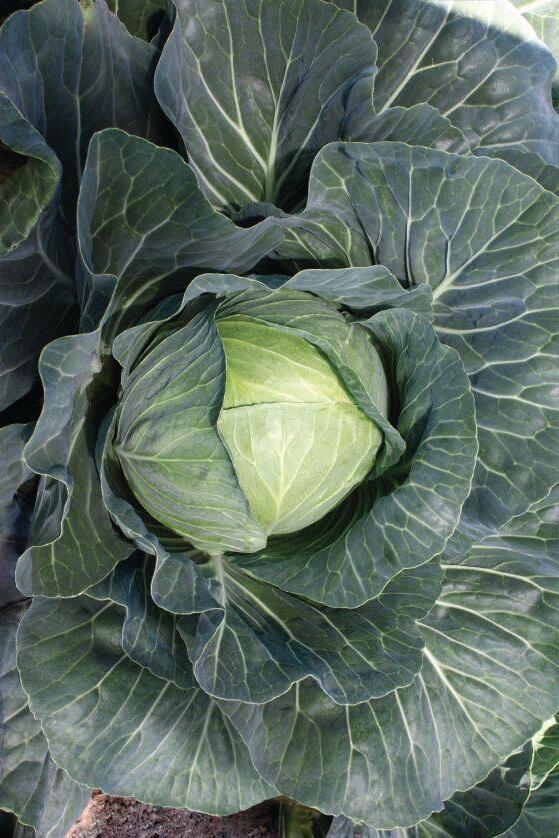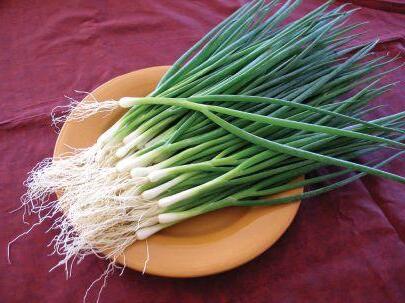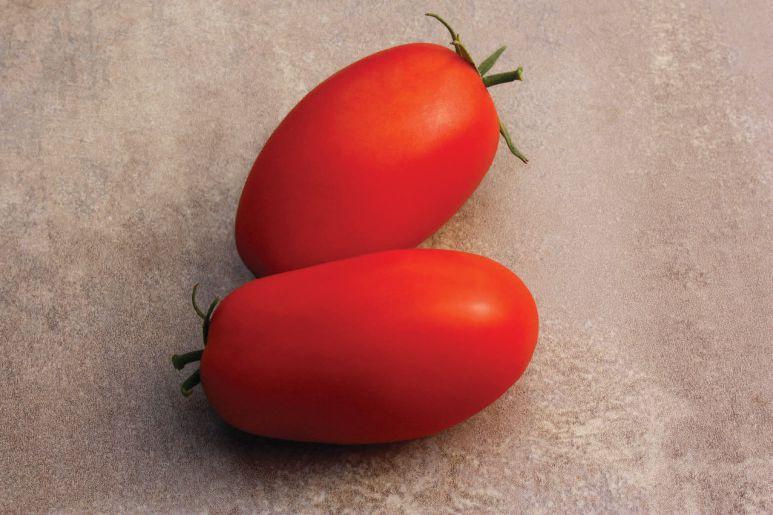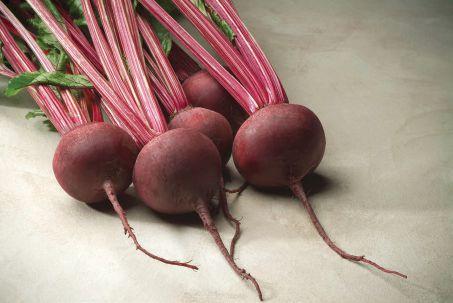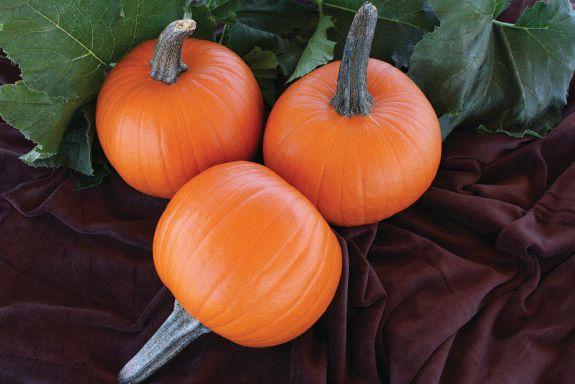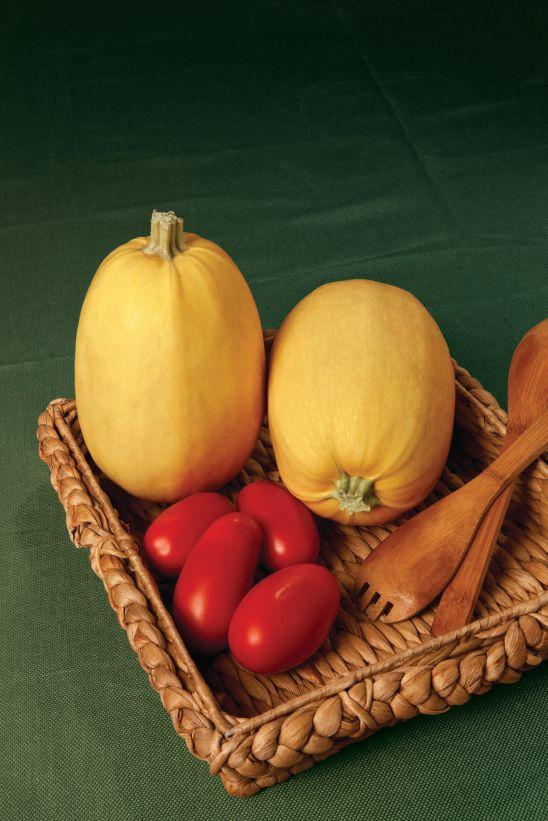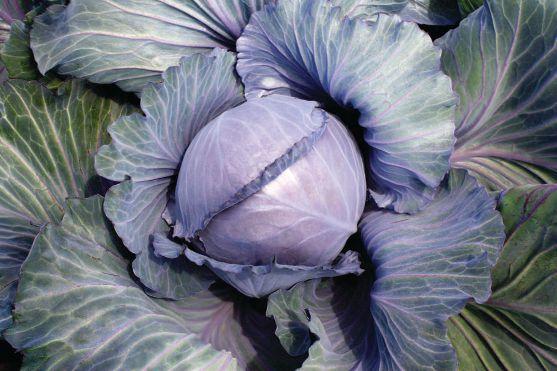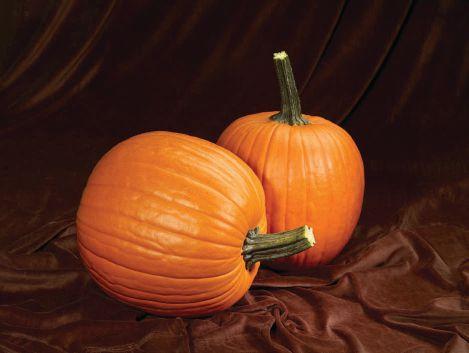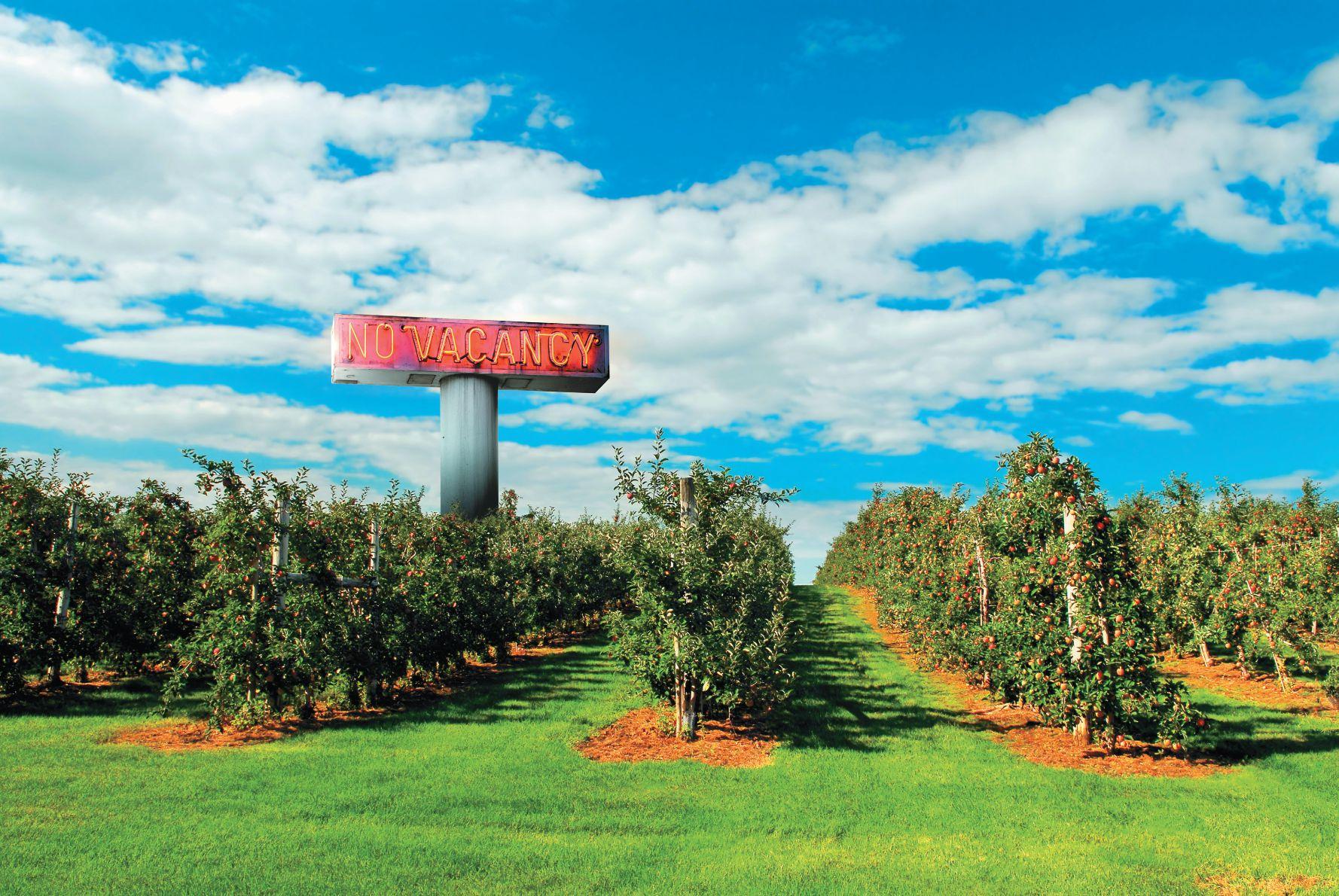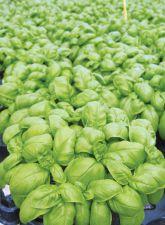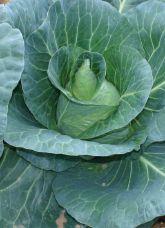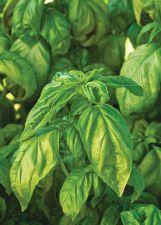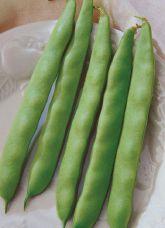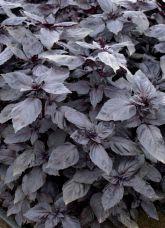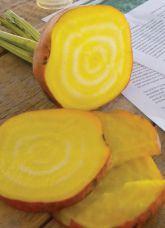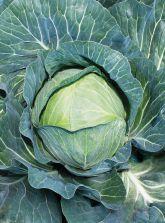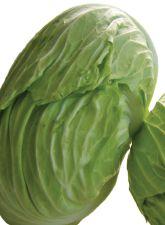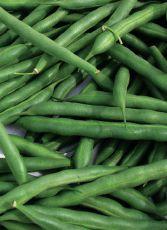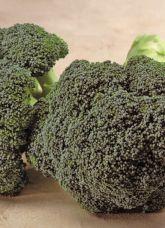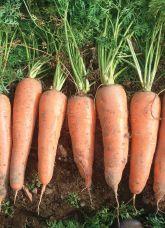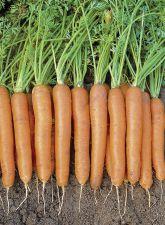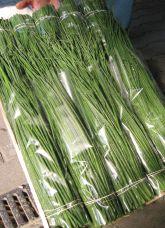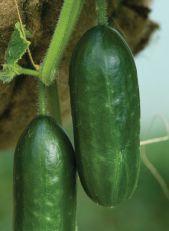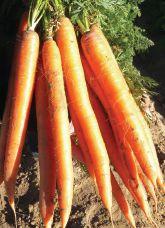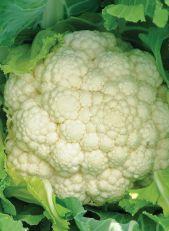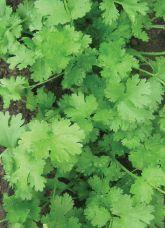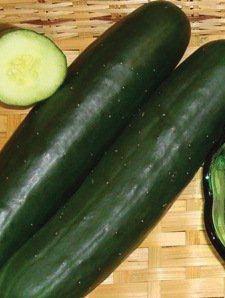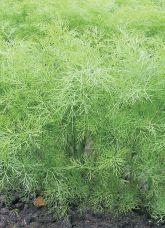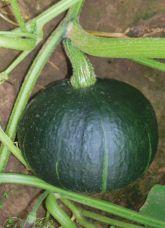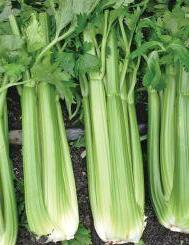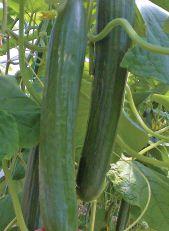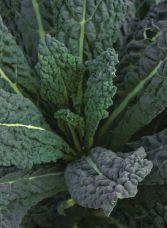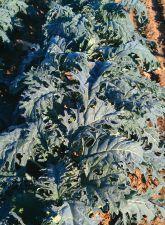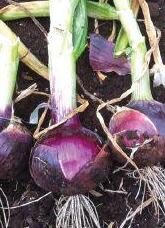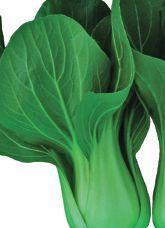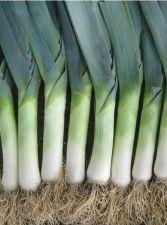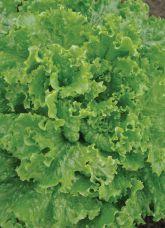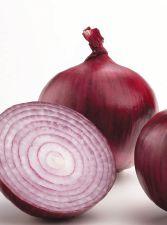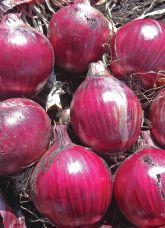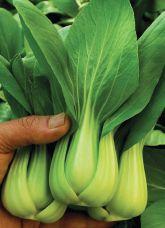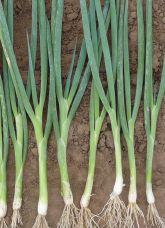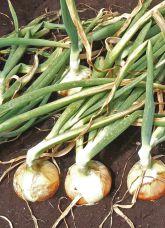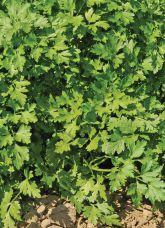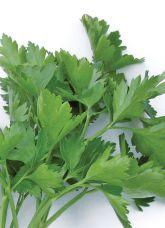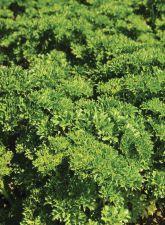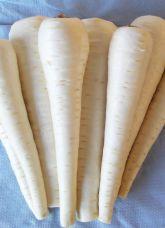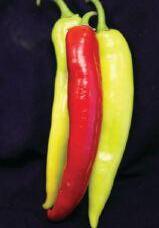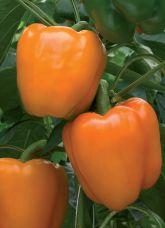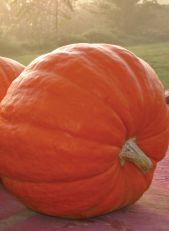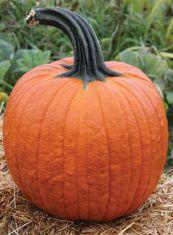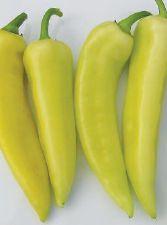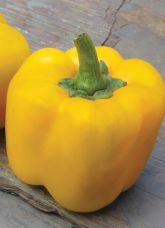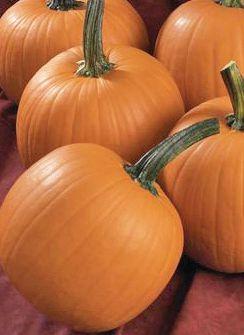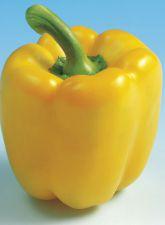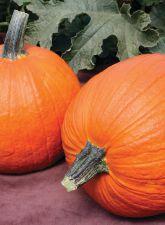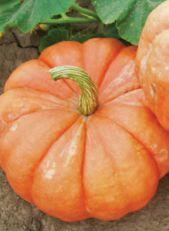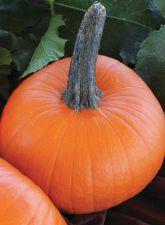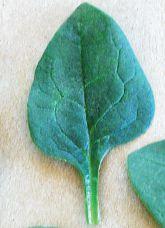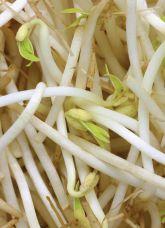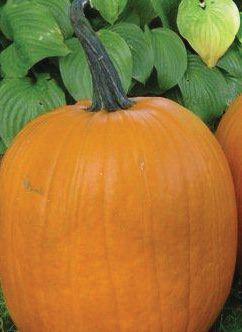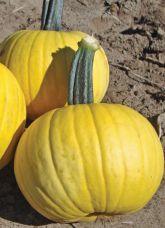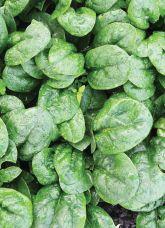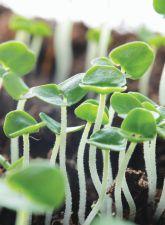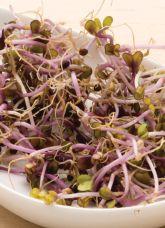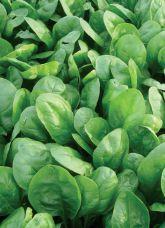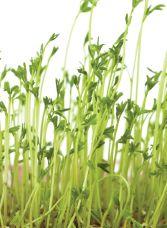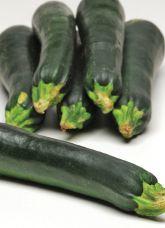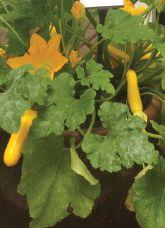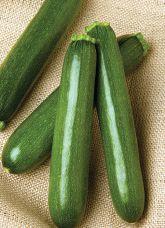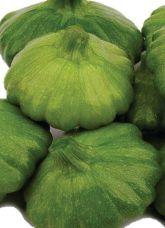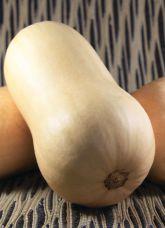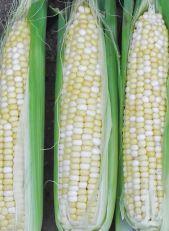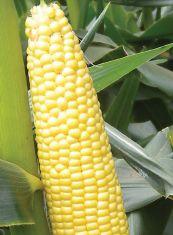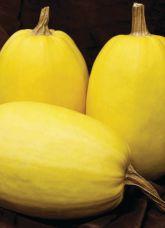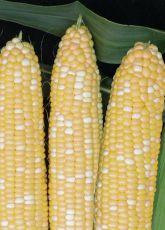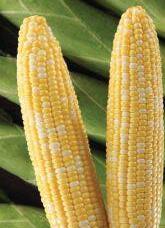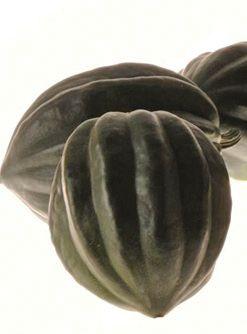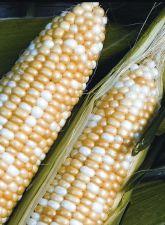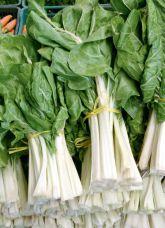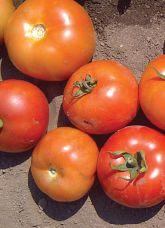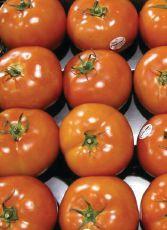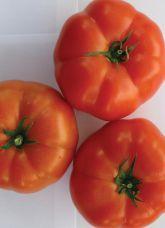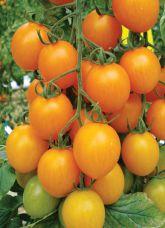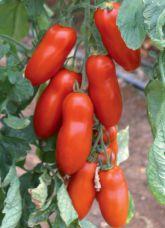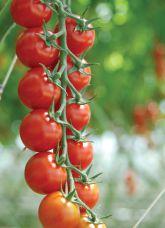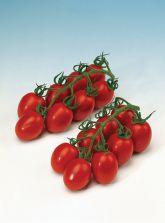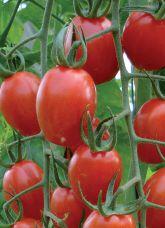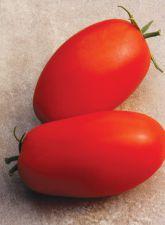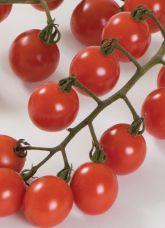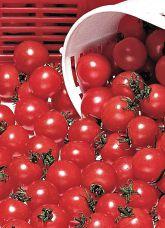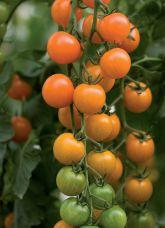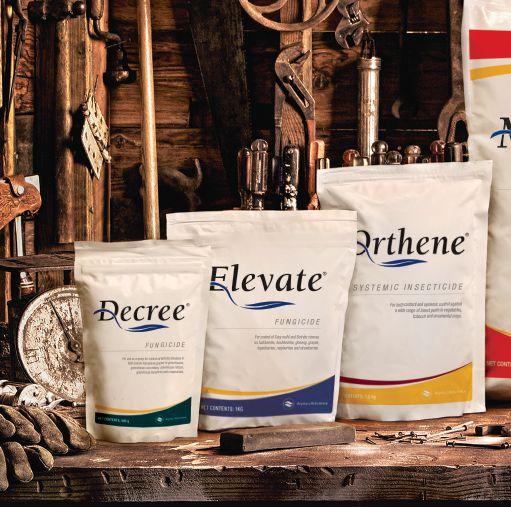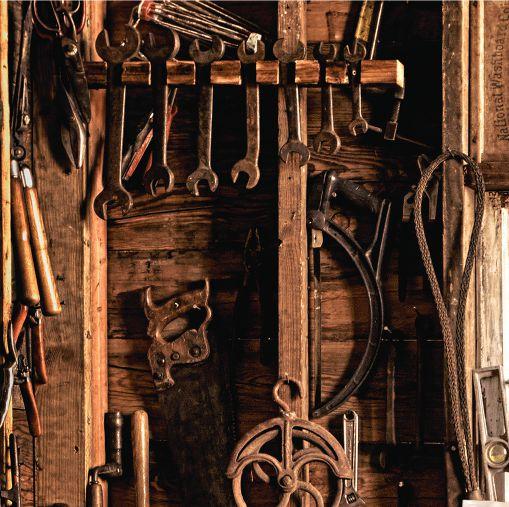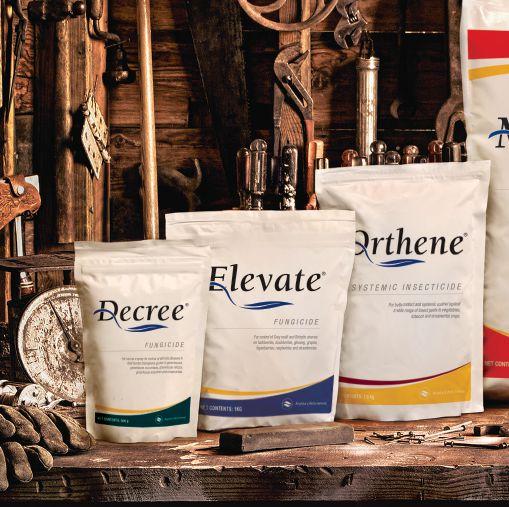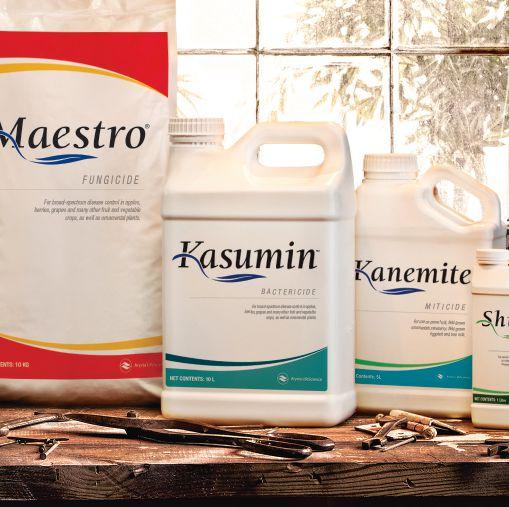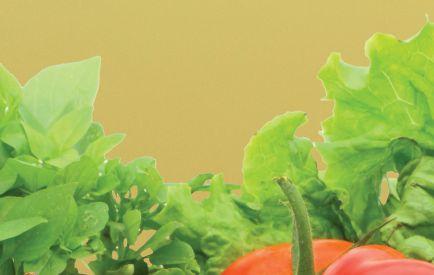Would you like some fruit with your wine?
Late last year, just before that holiday mayhem known as Christmas struck, Ontario Premier Kathleen Wynne made an announcement that many involved in Ontario’s grape, wine and farmers’ markets sectors had been anticipating for a long time. Unfortunately, it left some other farmbased wine and alcoholic beverage makers out in the cold.
With the renewal of the province’s Wine and Grape Strategy for a further five years, $75 million will be provided to:
• create a program where VQA wines will be sold at farmers’ markets
• establish an Ontario Wine Fund to support investments in specialized equipment and technology plus enhance marketing of Ontario wines locally and globally
• create a Wine Secretariat – led by Wynne and St. Catharines MPP Jim Bradley – to provide a forum for discussions between the province and the industry plus reduce red tape
“I’m committed to supporting this innovative industry and I encourage consumers to choose Ontario wines first as they share them with family and friends,” said Wynne, who also serves as the province’s minister of agriculture. “They’re local, they’re good for the economy, and they support good jobs.”
The industry, which has lobbied for something along these lines in the past, was pleased with the announcement.
“Ontario grape growers appreciate the continued support from our premier and her government,” said Bill George, chair of the Grape Growers of Ontario. “The renewal of
February 18 – Ontario Berry Growers Association Annual Meeting, Niagara Falls, Ont. www.ontarioberries.com
February 19-20 – Ontario Fruit & Vegetable Convention, Niagara Falls, Ont. www.ofvc.ca
February 27-28 – 2014 Alberta Farm Fresh School, Pomeroy Inn and Suites, Olds, Alta. www.albertafarmfresh.com.
this program speaks volumes about the economic value each grape grower and winery brings to the Province of Ontario.”
Farmers’ Markets Ontario (FMO), which represents more than 166 farmers’ markets across the province, also was pleased with the announcement.
“This is a positive step forward in sup porting FMO’s ongoing efforts to bring con sumers what they want at the farmers’ markets level,” said FMO executive director Bob Chorney. “We are delighted to see farmers’ markets recognized as having the maturity and integrity to be a venue of choice for promoting the bounty of local Ontario farms and wineries.”
The program announced by Wynne will affect only VQA wines, which are crafted entirely from grapes grown in Ontario. It does not address wine produced from grapes grown in areas of the province not VQA-designated, fruit wines, meads, ciders and craft beers made on-farm – an oversight that FMO was quick to point out.
According to a press release distributed by the organization, producers of fruit wines and their products are a “perfect fit.” The FMO also points out that B.C.’s recent move toward allowing alcohol sales at farmers’ markets includes craft beer, wine and cider.
“We are committed to working with the Ontario Ministry of Agriculture and Food on the development of this exciting initiative,” said FMO chair Philip Powell. “We look for-
Coming Events
February 22-March 1 – 57th International Fruit Tree Association Annual Conference & Intensive Workshop, Kelowna, B.C. www.ifruittree.org
March 4-6 – Canadian Horticultural Council Annual General Meeting, Kelowna, B.C. www.hortcouncil.ca
April 2-4 – Canadian Produce Marketing Association’s Annual Convention & Trade Show, Vancouver, B.C. www.cpma.ca
ward to joining with other industry stakeholders in 2014 to define and refine the details and pave the way for expanding product offerings in the future to include a full range of local fruit wines produced by smaller farms throughout Ontario.”
He added there is still a lot of work needing be done, both at the policy level and with the logistical details of the program.
Marc Alton, co-owner of Alton Farms Estate Winery in Lambton County, told the Petrolia Topic he would love to sell his wine at farmers’ markets.
“The push should be to allow all 100 per cent Ontario content wineries to sell at the markets, not just VQA,” he told the newspaper. “This would give fruit wineries and mead producers an alternative market.”
Fruit wineries have been pushing for sales at farmers’ markets for years and it appears rather callous and shortsighted of the provincial government to exclude them from the program. While any program that assists producers with selling and marketing their products is a welcome one, the playing field should be equal for all involved, especially if they are producing product made from 100 per cent Ontario produce. Here’s hoping this issue is corrected during planning discussions for the new program. We wish FMO the best of luck having its position heard. ❦
April 9-10 – Annual Muck Vegetable Growers Conference, Bradford, Ont. www.uoguelph.ca/muckcrop/ muckconference.html
July 21-22 – 2014 Enology & Viticulture Conference & Trade Show, Penticton, B.C. www.bcwgc.org/conference
December 9-11 – Great Lakes EXPO, Grand Rapids, Mich. www.glexpo.com
The high-stakes horticulture business involves a combination of new technology, products and services, growth and profit – from Dow AgroSciences. We provide support to help fruit and vegetable growers like you reach your profit potential through higher performance. Call our Solutions Center at 1.800.667.3852 or visit www.dowagro.ca today.
When the harvest winds down, grape king Wes Wiens ramps up
By Jim Meyers
Wes Wiens (right) wearing the chain of office as the 2013 Niagara Wine Festival’s grape king, with 2012 grape king and winery owner Curtis Fielding, who nominated him. The crowning took place in mid-September last fall to kick off the 51st year of the festival.
Whatever the outdoor crop, the first hard frost is an important date on any farm calendar. That’s especially true for grape growers whose harvest, excluding icewine, is particularly susceptible to cold damage.
But while other growers race to harvest before that date, reigning Ontario Grape King Wes Wiens waits for it with anxious anticipation. That’s because it’s the beginning – not the end – of his harvest season and the busiest time of the year at Vine-Tech Canada in Niagaraon-the-Lake.
That first hard frost came on Nov. 4 when the overnight temperature dipped to
-6 C, triggering an increase in the workforce from a summer crew of five to a harvest time crew of 45. It’s the time of year to dig up and process the two million nursery vines propagated for the ever expanding grape and wine industry in Canada.
So, how does someone whose business is providing nursery stock become Ontario’ s grape (growing) king? VineTech is an offshoot of Wiens Family Farms, and since all 400 acres and 19 varieties of grapes are “managed pretty much the same way,” Wiens said, “(We) view this award as an award on our family’s behalf.
So did the two judges who comment -
ed on the superlative condition of all the family vineyards. In addition, they cited the new grape king’s dedication and involvement to the grape and wine industry, Wendy McFadden-Smith said.
She’s the tender fruit and grape IPM (Integrated Pest Management) specialist with the Ontario Ministry of Agriculture, Food and Rural Affairs at Vineland Station and an adjunct professor in the biological sciences department at Brock University in St. Catharines. The other judge was Prof. Jim Willwerth, viticulture scientist in Brock’s CCOVI (Cool Climate Oenology and Viticulture Institute) grape and wine program.
Your fruit and vegetables need strong protection and strategic care all season long, to reward you with a high-quality, pro table crop. at’s why growers like the powerful, exible protection of DuPont™ Fontelis® fungicide.
Choosing Fontelis®, the next-generation Group 7 fungicide, is the crucial move in your 2014 disease management program. Fontelis® stops disease in its tracks with preventative and residual action on apple scab, powdery mildew, botrytis and many other important diseases. It’s time for a fresh start on disease management. It’s time for Fontelis®.
Questions? Ask your retailer, call 1-800-667-3925 or visit Fontelis.DuPont.ca
2011 ‘Outstanding Young Farmer’ “Wes participates in several research projects (with Brock and Niagara College), believes in and is an advocate for the grape and wine industry,” Smith-McFadden said.
A grower’s vineyards are judged on qualities such as cultivating difficult-togrow varieties; disease and insect control; managing weeds and the soil, or “terroir” as it’s known to grape growers; and overall quality. As well, there’s an outreach category that takes into consideration collaboration with ongoing academic research, innovation that is the result of a grower’s own independent research, use of new technology, and attendance and participation in research and industry events.
It’s not the first time a family operation has been honoured with the grape king title. But in the end, it’s the individual grower who is nominated by any one of some 500 fellow growers who belong to the Grape Growers of Ontario. Wes Wiens was nominated by Curtis Fielding, grower and owner of Fielding Estate Winery, and the previous grape king.
It’s not the first time that Wiens, 36, has been recognized for his achievements in agriculture. He and his wife Briar were named Ontario’s 2011 Outstanding Young Farmers, a ministry of agriculture award. At that time, Vine Tech Canada had captured 60 per cent of the market. In 2010, it propagated some 1.4-million new grape vines for the growing Canadian grape and wine industry.
The Wiens family farm operation includes Wes, his younger brother Gary, his father Abe, his uncle Ernie and his cousin James. And since the Wiens fam-
Vine-Tech Canada in Niagara-on-theLake, Ont., provides nursery stock to grape growers, similar to these nursery seedlings.
ily name is widespread through Niagaraon-the-Lake, it’s necessary to identify which family you’re talking about. Wes’s grandfather Franzk Wiens, whose ancestry is German through Russia, came to Canada from Paraguay in South America in the mid 1970s. He bought a 25-acre grape and tender fruit farm that grew in size under the direction of his sons Abe and Ernie.
Everything but a winery
The family business is an excellent example of vertical integration. Besides growing the nursery stock that’s planted in the family vineyards, the Wiens family does its own as well as custom work planting new vineyards, trellising, harvesting, trucking, right down to managing vineyards for other growers. Wes and his younger brother Gary (they have two sisters not involved in the family farm operation) have concentrated on everything that’s involved in grape growing short of opening a family winery.
“We’re not going there,” Wes said, with a bit of hesitation. “It’s not on the radar yet. We have enough to keep us busy selling vines, wire and posts and doing total custom farming for some growers.”
Does he have a philosophy about grape growing? It’s a simple one that’s the mantra of the family business: “We do everything as best we can and provide the best products and services for our customers.”
Wes believes that knowing grapes from the nursery to the bottle (he’s a member of a grower wine making club) is an important part of providing the best service.
“You can’t go through life without some kind of philosophy. We bring it to everything we do.”
But the best advice on farming came from his father, who said it’s akin to legalized gambling because you never know what you’re going to get.
“Every season is different and you have to adapt and make decisions that, in hindsight, you may have made differently,” Wes said philosophically. That could be the expense of second-guessing the weatherman by hauling out irrigation equipment at the right time rather than waiting for it to rain as predicted.
Or buying expensive wind machines, hoping you’ll never have to use them to protect budding vines from a late spring frost or in the depth of winter really cold temperatures lower than -20 C.
The nursery part of the family business was an opportunity that presented itself 10 years ago when, as usual, his father bought new vines from (Martin) Gemmerich Nursery, also in Niagaraon-the-Lake.
“Dad commented on how well the vines looked and Mr. Gemmerich said, ‘Well thanks. Would you like to buy the business?’ ”
He had no children, and it was a case of who he would like to see carry on a thirdgeneration nursery business that he had established here in Canada.
“He liked our family’s innovative approach to agriculture,” Wes said.
A John Deere mechanic
Development of the nursery stock business fell to Wes, who had gone to Fanshawe College in London to be a farm equipment mechanic. He was one of the first graduating class (in 2000) of the John Deere Agricultural Technician program, a 3.5-year apprenticeship course turning out licenced diesel and hydraulic mechanics. Wes had worked at a couple of farm equipment dealerships in Niagara, but came back to the farm workshop, which also repairs, maintains and fabricates equipment for their own use and for other growers.
It was this innovative spirit that led to mechanically harvesting icewine grapes that are frozen on the vine when picked. Traditionally, it’s done by hand, but getting a crew together, often in the wee hours of the night, proved not very efficient. Looking for a better way, they worked over four years to modify a traditional harvester to do the job and were the first in the world to do so.
According to Wes, getting people out of a warm bed at 2:30 a.m. is one thing; motivating them to pick frozen grapes at -10 C or colder is a harder sell.
“We’d call people and they often wouldn’t show up, and if they did we’d have to motivate them to make the job fun,” he said. ❦
NO BED FOR BUGS!
Ban bugs from your fruit and vegetable crops with MANA Canada!
MANA Canada offers four insecticides, featuring the same active ingredients that you already rely on, to protect your fruit and vegetable crops and maximize your production.
Protect your investment and achieve the results you deserve with products from MANA Canada. Support choice: ask for MANA Canada products by name.
More compact basil type, adapted for pot production in spring, winter, faster growth, seeds tested to be free of Downy Mildew, treated with Apron. Courtesy of Norseco
Matures 50 days. Compact plant, some ornamental due to white showy flowers; small, fine, crunchy, good tasting beans. 2014 AAS winner. Courtesy of Norseco
Very round head, heavy weight, dense solid interior, short core; tight wrapper leaves, strong frame; very adaptable main season variety, good holding ability. Courtesy of Sakaya
More compact basil type, adapted for pot production in summer, slower growth, seeds tested to be free of Downy Mildew, treated with Apron. Courtesy of Norseco
Matures 59 days. Thick, less fibrous pods, improved flavour. Courtesy of Norseco
New, improved red basil, better, more intense, constant dark red colour, compact plant with robust stems. Organic seeds. Courtesy of Norseco
Matures 60 days; bright yellow interior colour; smooth skin; good quality; ops are tolerant to Cercospora; ideal for bunching. Courtesy of Norseco
Matures 68 days; blend of all that is good in lettuce, cabbage; grows, stores like cabbage, fresh flavour of lettuce; heads 2-3 lbs. Courtesy of Seedway
Matures 65 days. Flat cabbage, good tolerance to heat, cold, good choice for growing spring, summer. Very good flavour. Courtesy of Norseco
Matures 50 days; medium green; can be mechanically harvested; for first early sowing; high yield potential; broad regional adaptability. Courtesy of Stokes Seeds
Performs well in Canada; variety has good uniformity; suitable for bunch, crown markets; performs well in long daylight, moderate heat. Courtesy of Sakata
Matures 87 days. Chantenay type with longer roots; no green at the shoulders; high yield potential. Courtesy of Norseco
Carrot –Jeanette F1
Matures 53 days; very early Nantes carrot; uniform roots; crispy, sweet taste; strong tops making harvest easy. Organic seeds. Courtesy of Norseco
Has nice dark bluegreen colour, fine to medium thick stem, vigorous, upright growth, very tolerant to disease, thrips. Organic seeds. Courtesy of Norseco
Matures 55 days; needs trellis, early high yield, very thin skin, crispy texture. Courtesy of Norseco
Matures 65 days; good quality roots; for both mineral, muck soil; very strong tops. Courtesy of Norseco
Matures 72 days. Quality cauliflower, grows uniform white heads, very smooth, very good weight. Good tolerance to hairiness. Courtesy of Norseco
Bred for northern regions, significantly slower to bolt; very vigorous; dark colour. Courtesy of Norseco
Dark green, exceptional size, shape; widely adapted to all growing areas; consistent production, high yields. Courtesy of Siegers
Dukat type, producing large, vigorous plant, leaves are darker in colour and more uniform. Courtesy of Norseco
Early maturing; dark green fruit, flat round, average 2 kg.; orange flesh, nutty, sweet flavour. Courtesy of Agro Haitai
Matures 100 days. Compact plant, very productive, producing very smooth petioles of a lighter colour. High Fusarium tolerance. Courtesy of Norseco
Greenhouse cucumber; early variety, vigorous growth; productive plant; dark green fruit, slightly ribbed. Organic seeds. Courtesy of Norseco
Matures 55 days; Britishbred variety, uniform, dark black/green, heavily savoyed leaves; narrow, well textured, white ribs; rosette plant for easy harvesting; bolting resistance, tolerant of cold weather. Courtesy of Stokes Seeds
Blue-green colour, unique shape; variety of uses, bunched or chopped; leaves are deeply lobbed, mild, sweet flavor. Courtesy of Seedway
Matures 105 days. Earliest red onion, round slightly flat bulb, dark red colour, resists well to browning. To be grown as transplants for optimum results. Courtesy of Norseco
Dark green leaves, long, fat petioles, shiny green colour, tolerant to cold, heat; slow bolting. Courtesy of Agro Haitai
–
Matures 118 days. Darkest variety, very erect, good uniformity, good field holding, can be stored. Courtesy of Norseco
Matures 48 days. Large size leaf lettuce, bit later than most other varieties; slow to bolt, tolerant to tip burn. Courtesy of Norseco
Matures 115 days. Large calibre onion, very dark red colour, good uniformity. Can be stored for a couple of months. Courtesy of Norseco
Early maturing; short, compact; green, fat petioles; good for Shanghai Miao, small-sized Shanghai Pak Choy. Courtesy of Agro Haitai
–
Matures 60 days. Early variety, very erect, long shaft, darker colour than Green Banner. Doesn’t bulb. Courtesy of Norseco
Matures 115 days; flat globe red onion; stores 4-6 months; dark red interior and exterior colour; some tolerance to bolting, pink rot. Courtesy of Stokes Seeds
Matures 88 days. Produces similar sized onions to Highlander, darker coloured skin, slightly flatter shape. Susceptible to Pink Root. Courtesy of Norseco
Parsley – Argon Dark Green Improved type, showing a better bolting tolerance. Very uniform leaves, dark green in colour. Courtesy of Norseco
High plant producing large dark green leaves, slightly blue. For fresh market or processing. High yielding. Courtesy of Norseco
Dark green parsley, thicker, more solid stems, more erect, robust plant habit, easier to bunch. Courtesy of Norseco
Matures 125 days. Late, ideal for storage, very white roots, uniform, well filled, high yield potential. Tolerant to Canker. Courtesy of Norseco
Early maturing, strong plant, excellent fruit coverage, high yields, ideal for fresh market, processing; BLS 1-3. Courtesy of Siegers
Matures 70 days. Quality peppers, orange colour, very uniform blocky fruits, thick walls, vigorous plant. Courtesy of Norseco
Matures 110 days. Ideal variety for giant pumpkins. Large vine. Fruits from 22-60 kg. Courtesy of Norseco
Extra-large pumpkin, excellent yield, exceptionally vigorous vine, dark orange colour, well-defined ribs, large, dark green handle, firmly attached. Courtesy of Stokes Seeds
Tremendous yields, excellent quality; straight, uniform, thick-walled fruit; main season maturity, superior recovery in marketable fruit, overall weight. Courtesy of Siegers
Matures 70 days. Very dark green colour before turning yellow, high quality uniform fruit. Courtesy of Norseco
Matures 110 days. Blocky shaped pumpkin, well ribbed; long, thin handle, good uniformity; large vine. 2011 AAS Winner. Courtesy of Norseco
Matures 72 days; strong producer, smooth blocky fruit; extra large size; strong plant type, lots of cover, continuous setting; high resistance to BLS 12345. Courtesy of Norseco, Seedway
Matures 100 days. Large pie-class, burnt orange colour, rough skin texture, dark green handle, semi-vine plant. Courtesy of Norseco
Exotic pumpkin, can be used for ornamental plus consumption. Good tolerance to Powdery Mildew. Courtesy of Norseco
Parsnip
Parsley –Wega
Pumpkin –Jack Sprat
New pie-class addition; weighs about 3 lbs., dark orange exterior, dark green handles; very uniform in size, shape; high yielding. Good PM tolerance. Courtesy of Sakata, Siegers
Pumpkin –Phatso III
Matures 50 days. Very dark green colour, thick leaves; can be used for baby leaf, clip, bunching. Tolerant to DM races 1-12 and 14. Courtesy of Norseco
Sprouts 9-10 days. Mung sprout probably most consumed on earth, requires 4-8 hours of soaking time, must be rinsed 2-3 times per day. Courtesy of Norseco
Slightly larger, more uniform than Phatso II; smooth ribbing; thick handles; 3-4 inches long, great colour, PM tolerance. Courtesy of Siegers
Matures 100 days. Bright yellow fruit with solid green handle, compact plant, tolerant to Powdery Mildew. Courtesy of Norseco
Matures 50 days. Almost oval leaves, dark green in colour; performs during summer. Tolerant to DM races 1-13. Courtesy of Norseco
Sprouts 10-12 days. Excellent to enhance salads, sandwiches, soups, sauted vegetables, sauces, pestos. Courtesy of Norseco
Sprouts 4 days. Beautiful red-purple sprout, ideal to put colour in meals, mild brassica flavour. Courtesy of Norseco
Matures 100 days. Sweet speciality; smaller size, high sugars; packs easily; vines vigorous, strong into late season; fruit 2-4 lbs. Courtesy of Norseco, Seedway
Matures 50 days. Dark green spinach, for spring, autumn production; high yield, oval, thick leaves. Tolerant to DM races 1-11 and 13. Organic seeds. Courtesy of Norseco
Sprouts 5-6 days. Important source of protein; to sprout lentils soak in water for 6 to 12 hours, rinse 2 to 3 times per day. Courtesy of Norseco
Matures 45 days. Container or garden variety, very easy to harvest, open plant with no spines. Courtesy of Norseco
Spinach
Matures 45 days. Container or garden variety; very easy to harvest, open plant with no spines. Courtesy of Norseco
Matures 44 days; zucchini variety; medium dark green-flecked cylindrical fruit; open plant with few spines. Intermediate ZYMV, WMV, CMV, PM tolerances. Courtesy of Norseco, Stokes Seeds
Matures 55 days. Small scallop squash, light in colour; small blossom end scar. Courtesy of Norseco
Matures 85 days. Produces medium sized fruits, dark flesh, solid skin, good yield potential, delicious taste. Organic seeds. Courtesy of Norseco
Matures 60 days; synergistic bicolour variety; dark plant, better vigor and with more taste. Courtesy of Norseco
Matures 80 days; yellow SH2 variety; very vigourous plant; very well covered ears; sweet taste. Courtesy of Norseco
High yielding, hybrid spaghetti squash; canary-yellow skin at maturity; excellent uniformity, size, shape; grows on restricted vine. Courtesy of Sakata
Matures 70 days. Very dark green colour before turning yellow, high quality uniform fruit. Courtesy of Norseco
Great taste, great husk appearance, cover; protection against corn rootworm; protection against European corn borer, corn earworm, fall armyworm, Roundup for weed control. Courtesy of Siegers
Matures 75 days; acorn fruit, dark green, semi-bush, productive plant; golden yellow flesh, very sweet, 1.5 lb fruit. Courtesy of Stokes Seeds
Matures 79 days; hybrid; refined, very tender, bicolour, 14-16 rows fill to tip; good tip cover, nice flags, tall plant. Courtesy of Stokes Seeds
Matures 58 days; lucullus type swiss chard; large ribs; smooth leaves. Courtesy of Norseco
Matures 64 days. Medium sized, produces very uniform fruits; good tolerance to cracking; good shelf life. Courtesy of Norseco
Matures 100 days. Bright yellow fruit with solid green handle, compact plant, tolerant to Powdery Mildew. Courtesy of Norseco
One of the best tasting greenhouse varieties. Similar to Trust, but with a higher yield potential. Courtesy of Norseco
Matures 60 days. Large size grape tomato, vigorous plant adapted for field production or under high tunnels. Organic seeds. Courtesy of Norseco
Matures 68 days. Produces large fruits, really full, have a good tolerance to blossom end rot. Organic seeds. Courtesy of Norseco
Matures 60 days. Cherry tomato, tolerant to cracking. Can be grown in open field or high tunnel. Organic seeds. Courtesy of Norseco
Matures 68 days. Italian tomato tolerant to cooler conditions. produces good yield, large fruits. Can be harvested in a cluster. Organic seeds. Courtesy of Norseco
Matures 64 days. Grape tomato, sweet with flavourful taste, vigorous plant, sets high yield. Organic seeds. Courtesy of Norseco
Productive hybrid, produces uniform extra-large, large fruit; plants compact, fruit sets well in heat; high quality, very firm, nice red colour, great shelf life. Courtesy of Sakata
–
Matures 60 days. 2013 AAS winner; small tomato has an extraordinary taste; impressive yield, healthy plants. Courtesy of Norseco
Matures 58 days. Quality cherry tomato, high sugar content, sweet taste. Can be grown in the garden or in pots. Courtesy of Norseco
Matures 60 days. Vibrant orange, very sweet cherry tomato, deliciously tasty. Gives high yield of very uniform fruits. Organic seeds. Courtesy of Norseco
*Foliar or drench application. Foliar applications only on bearing
Apply in a regular protective schedule from green tip to second cover
directions.
use only on non-bearing apples.
Apply as a drench at the base of the trunk.
Follow local spray recommendations. *For use controlling storage diseases in Ontario and Quebec only. Apply two weeks before harvest. PHI 14 days.
Follow local spray recommendations. In Eastern Canada, mix with Captan (PHI = seven days).
B.C. only.
Use
Follow local spray recommendations. Prebloom: do not apply more than two applications of Vangard 75WG alone. Can be mixed with Polyram, Manzate, Dithane (check label). *When mixed with Nova 40W.
Read and follow label directions
* Resistance grouping: The fungicide resistance advisory committee (FRAC) assigns group numbers to identify resistance grouping. M indicates multi-site activity
Apply at the first sign of disease of disease develop
ment and repeat in 714 days. Pre-bloom, bloom, and immediately after bloom are critical times for control of Powdery Mildew
* Resistance grouping: The fungicide resistance advisory committee (FRAC) assigns group numbers to identify resistance grouping. M indicates multi-site activity
label for details)
Must be tank-mixed with another fungicide effective on Downy mildew with a different mode of action
*See label. Do not apply to Concord grapes or crop injury may occur. No more than two sequential applications. Follow local spray recommendations.
Do not apply on varieties sensitive to sulphur. Follow local spray recommendations. *Do not exceed two applications per year.
*REI 10 days for cane turning and vine girdling. **Do not apply more than 2.04 L/ha of Inspire per season
*REI is 24 hours if doing the following activities: training, tying, pruning, thinning and leaf pulling activities.
Apply in a minimum of 500L water/ha and ensure thorough coverage of the
Presidio Fungicide must be tank-mixed with a labelled rate of another fungicide registered for the target pathogen, but with a different mode of action.
Also controls Bunch rot complex, anthracnose
hours to 16 days, depending on activities
Once residues dry (Hand harvesting, thinning, tying, leaf pulling, hand pruning: 21 days)
(Rotate groups to manage resistance) (Check label for details)
The fungicide resistance advisory committee (FRAC) assigns group numbers to identify resistance grouping. M indicates multi-site activity
When you find something that works, you stick with it. Arysta LifeScience is proud to offer some of the most trusted names in crop protection for the horticulture market, along with some relatively new names. METTLE®, a Group 3 Fungicide with enhanced systemic activity for powdery mildew control in grapes and strawberries. And KASUMIN™ , a highly effective bactericide to protect apples and pears from orchard-threatening fire blight, as well as offering bacterial disease suppression in fruiting vegetables. Two great products to add to your crop protection toolbox. For the whole story, visit www.gowithwhatworks.ca.
at 10 day intervals beginning early in the
ensure thorough coverage of the
For control of Powdery mildew, use higher rate
Do not apply in spring on established plantings.
(Hand harvesting, pinching, hand prun
ing, training:
Please check label for
Use shorter spray intervals when conditions favour disease development.
